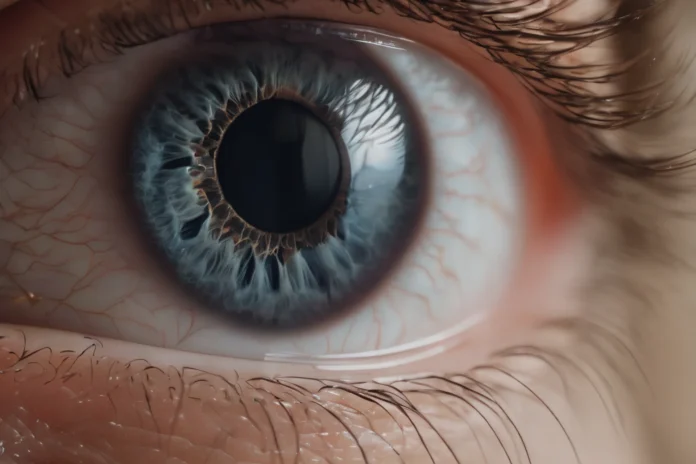Exciting news from UCLA Health brings us closer to a solution in depression treatment. Researchers have made an exciting discovery by observing how pupils react to light, which could help doctors revolutionize the way they treat transcranial magnetic stimulation (TMS) therapy for depression, offering a little hope for millions battling this challenging condition.
Understanding Transcranial Magnetic Stimulation (TMS)
TMS, a non-invasive therapy, uses magnetic fields to stimulate parts of the brain that control mood. Although the treatment works well, only some respond the same way to this therapy, and scientists are exploring ways to figure out why.
Pupil Response
Two recent studies conducted by UCLA scientists dig into the relationship between pupil response and depression symptoms during TMS therapy. Pupil size serves as a valuable indicator of the autonomic nervous system’s activity, which is compromised in individuals with depression. By measuring baseline pupillary constriction amplitude (CA) before treatment, researchers noticed how our pupils react to light and can predict how well we’ll get better from depression. More considerable changes in pupil size mean better results from the therapy. This insight promises a brighter future for individualized and effective depression treatment strategies.
Changing Treatment for Better Results
In a more in-depth exploration, the researchers compared two standard TMS protocols: 10 Hz and intermittent theta burst stimulation (iTBS). Patients with slower pupillary constriction exhibited significantly more significant improvements in depression symptoms after ten sessions of iTBS. This observation highlights the importance of tailoring the TMS approach based on individual pupil response.
Future of Depression Treatment
This unique discovery in depression treatment means doctors might soon use a simple eye test to figure out the best way to help people with depression. Personalized medicine could make millions of people feel better and live happier lives. Researchers are digging deep into understanding human bodies to provide more innovative and more versatile ways to fight depression. The future might be closer than we think.



